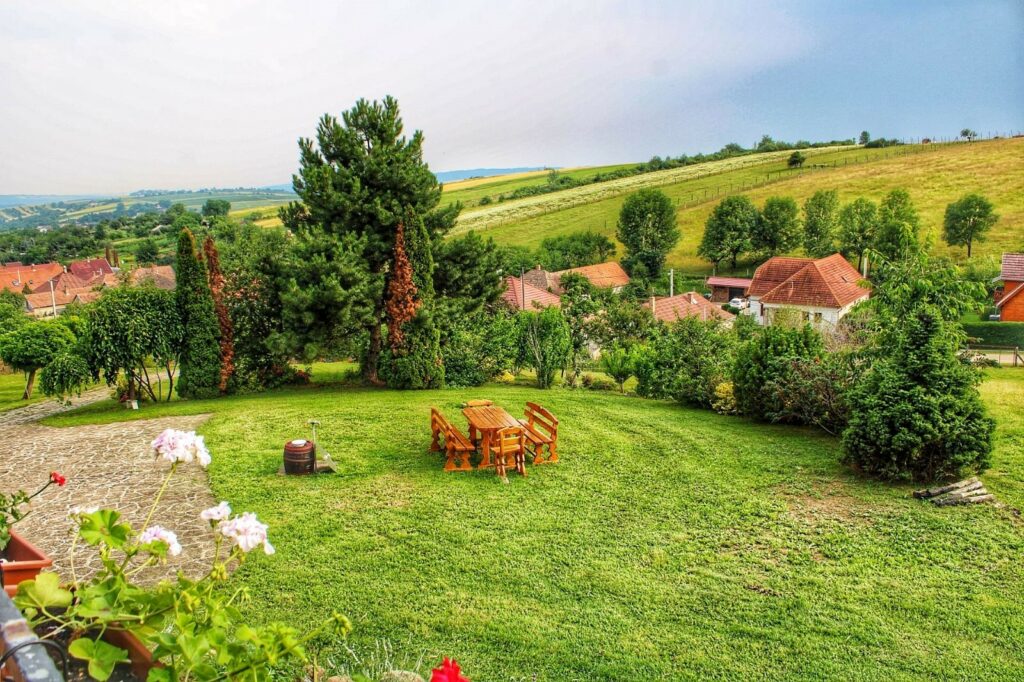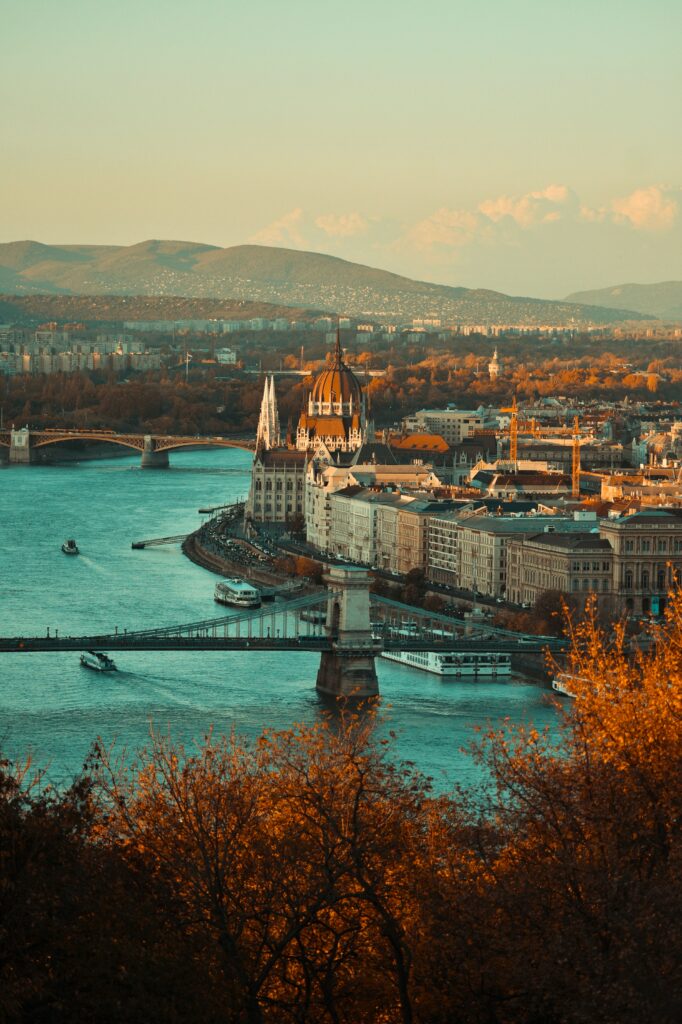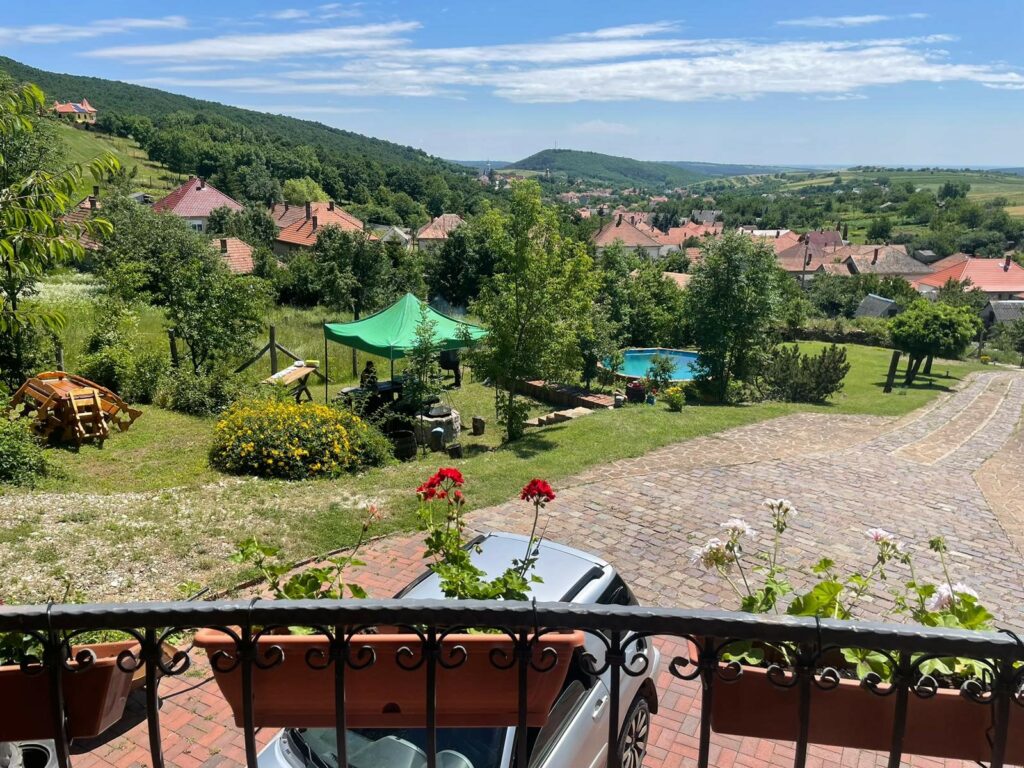
THE SURROUNDINGS
Our holiday home is situated on the outskirts of a quiet Hungarian village called Bükkzsérc. Completly surrounded by nature, this cottage is the perfect place to unwind.
THE SURROUNDINGS
Our holiday home is situated on the outskirts of a quiet Hungarian village called Bükkzsérc. Completly surrounded by nature, this cottage is the perfect place to unwind.
HUNGARY
Hungary’s history dates back to ancient times, when the Magyars migrated to the Carpathian Basin in the late 9th century. Below you can find a brief overview of the most important events in Hungary’s history:
9th-11th century: The Magyars occupy the Carpathian Basin and found the Hungarian state in the year 1000, ruled by King Stephen I. The country adopts Christianity as its official religion.
13th-16th century: Hungary becomes a powerful kingdom in Europe, reaching its peak under the reign of King Matthias Corvinus in the 15th century. However, in the mid-16th century, the Ottoman Empire invades the country and occupies it for more than 150 years.
18th century: After the defeat of the Ottoman Empire, Austria gains control of Hungary and the two countries form a dual monarchy known as the Austro-Hungarian Empire.
19th century: Hungary experiences a period of cultural and political renaissance known as the Hungarian Revolution of 1848, which is crushed by the Austro-Hungarian Empire. In 1867, Hungary is granted autonomy within the Austro-Hungarian Empire.
20th century: After the collapse of the Austro-Hungarian Empire at the end of World War I, Hungary becomes a republic. During World War II, the country is occupied by Nazi Germany, and becomes a communist state after the war. The Soviet Union suppresses the 1956 Hungarian Revolution.
1989-1990: Hungary makes the transition to a democratic government and a market economy after the collapse of the Soviet Union.
21st century: In 2004, Hungary becomes a member of the European Union, leading to significant economic growth.

BÜKKZsÉRC
Bükkzsérc is a village in northern Hungary, located in the administrative county Borsod-Abaúj-Zemplén. The history of Bükkzsérc dates back to the Middle Ages, when the village was part of the Kingdom of Hungary. Below is a brief overview of the history of Bükkzsérc:
13th century: The village is first mentioned in historical documents, where it is referred to as ‘Zerc’.
16th century: Bükkzsérc is part of the Ottoman Empire and is largely destroyed when the Turks invade the empire.
18th century: After the defeat of the Ottoman Empire, Bükkzsérc is rebuilt and comes under Habsburg control.
20th century: During World War II, Bükkzsérc is occupied by Nazi Germany, and most of its Jewish inhabitants are deported to concentration camps and murdered. After the war, Bükkzsérc becomes part of the communist state of Hungary and the village is affected by agricultural reforms and industrialization.
21st century: After the fall of communism in 1989, Bükkzsérc switches to a market economy. The village is still mainly agricultural and attracts tourists because of its natural beauty and proximity to the Bükk mountains.

Would you like to know more about the possibilities in and around The Mountain Cottage?
The Mountain Cottage offers a wide variety of recreational possibilities, culinary services and fun excursions.